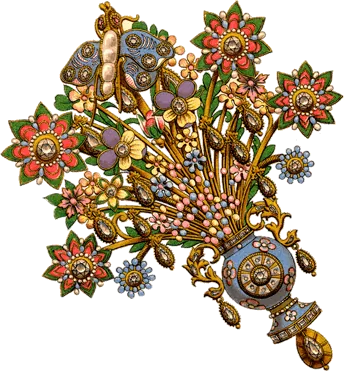The story of the Binding of Isaac represents the greatest story of mesirut nefesh [self-nullification to the point of death] that points the way to Messiah.
Binding of Isaac
In many ways, Abraham's example established a precedent of practice for all time. The Binding of Isaac represents a watershed moment in human history that forever established Abraham’s role as the redemptive forerunner of humanity. Per the Sages’ dictum, ‘Whatever happened to the fathers is a sign for the sons’ (Ramban; Gen. 12:6), we can say with confidence that the foundations of our faith are derived from the stories of their deeds. As people of faith, we are called to bear the image of our father in conduct and deed. As Yeshua said: “If you were Abraham’s children then you would do what Abraham did (John 8:39)."
The story of the Binding of Isaac represents the greatest story of mesirut nefesh [ְSelf-nullification to the point of death]. In his 10th and final trial, Abraham teaches each of us the lesson of mesirut nefesh. The Gemarah describes this final test:
And He said: Take, please [na], your son (Genesis 22:2) - Rabbi Shimon bar Abba says: “The word 'na' is nothing other than an expression of entreaty. Why did God request rather than command that Abraham take his son? The Gemara cites a parable of a flesh-and-blood king who confronted many wars. And he had one warrior fighting for him, and he overcame his enemies. Over time, there was a fierce war confronting him. The king said to his warrior: ‘I entreat you, stand firm for me in this war, so that others will not say: “There is no substance in the first victories, and you are not a true warrior.”’ Likewise, the Holy One, Blessed be He, also said to Abraham: ‘I have tried you with several ordeals, and you have withstood them all. Now, stand firm in this ordeal for Me, so that others will not say: “There is no substance in the first ordeals.”’” (Bavli Sanhedrin 98b)
What made the Akeidah so special that it should be set apart from all other tests? Our Sages explain that the story represents the complete mesirut nefesh - a total nullification of one’s own reality - for the world to come. In the same way, Yeshua taught his disciples: "Greater love has no one than this, than to lay down one’s life for his friends (John 15:13)."
Every year, the story of the Akeidah is recited on Rosh HaShanah to remind us that the choice between the olam hazeh [our reality] and the olam haba [the world to come] should always yield the latter choice. In Abraham's final test, there is no logic or justification to God's request. Through Abraham we are reminded that only complete mesirut nefesh will lead to complete redemption.


